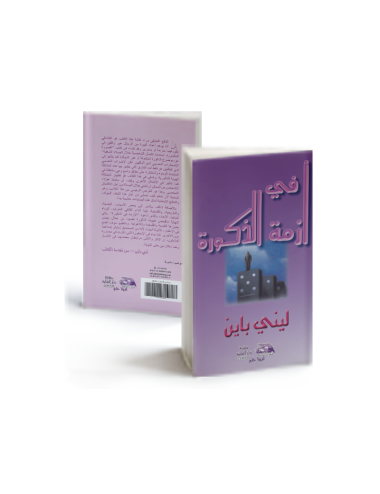The History of Christian Thought
Why would you read about the history of Christian thought? If you are Christian yourself, it helps you to understand about thinkers and the faith of the generations.
0.12 kg - 450 kg
Why would you read about the history of Christian thought? If you are Christian yourself, it helps you to understand about thinkers and the faith of the generations.
It is not a book about the religion of the churches but an effort to interpret the whole contemporary situation from the point of view of one who constantly inquires what fundamental faith is expressed in the forms which civilization takes.
This book is the companion piece to The Eternal Now and The New Beinشg. This is the most profound and important book of the three. Very readable (in contrast to acedemic theology) because these sermons were delivered live. Definitely Spirit-guided ministry. This work is very important in helping us to understand the difference between small spirit and large Spirit.
"Leanne Payne says when men are healed, the pathway for the wholeness of women will follow. I believe this book shows clearly the critical basic steps not only in the releasing of 'single power' but also of 'couple power.'"
--Ingrid Trobisch
This beautifully illustrated volume walks readers through every chapter of the Bible, while also explaining such things as how we got the Bible, how it was preserved over the years, how the Bible fits in with historical sources and archeological finds, and similar information.
We have schedule planners, computerized calendars,and self-sticky notes to help us organize our business and social lives everyday. But what about organizing the other side of our lives—the spiritual side? The inner part of our lives?
Leanne Payne explains the basis of her counseling ministry Christ's in dwelling presence that brings the power of the incarnation into wounded lives.
WHAT IS RELIGION ? by Paul Tillich, Translated by Mejahed Abdelmeaim mejahed, combines three works originally written in German, one of which was published in 1925. The two works in the final third of the book were presented to meetings of Kant-Gesellschaft in 1919 and 1922, and may now be found mainly in Gesammelte Werke volumes I and IX...
These 16 sermons contain in concentrated form some of Tillich's most lambent themes. Although they were first published in the early 1960s, the pieces in question take up preoccupations which continue to haunt us at the beginning of the 21st century.
One of the greatest books ever written on the subject, Dynamics of Faithis a primer in the philosophy of religion. Paul Tillich, a leading theologian of the twentieth century, explores the idea of faith in all its dimensions, while defining the concept in the process.
This graceful and accessible volume contains a new introduction by Marion Pauck, Tillich's biographer.
This book presents Paul Tillich at his very best--brief, clear, stimulating, provocative. Speaking with understanding and force, he makes a basic analysis of love, power, and justice, all concepts fundamental in the mutual relations of people, of social groups, and of humankind to God.
This beautifully illustrated volume walks readers through every chapter of the Bible, while also explaining such things as how we got the Bible, how it was preserved over the years, how the Bible fits in with historical sources and archeological finds, and similar information.













